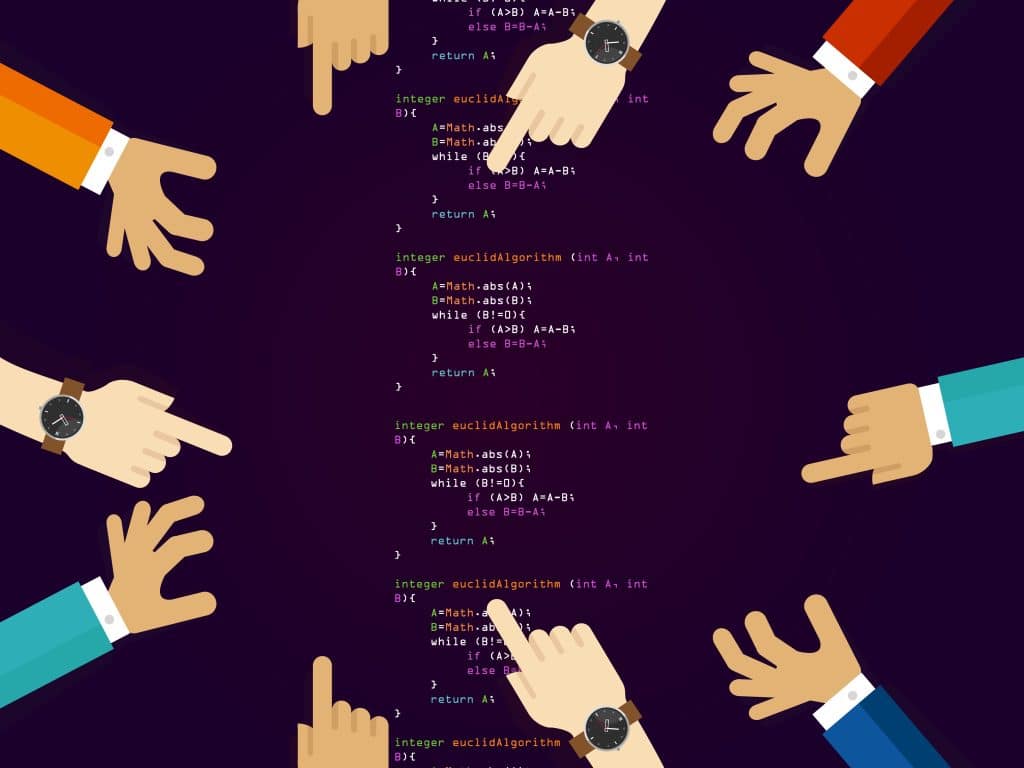‘Digital wallets to be as essential as browsers’: OpenWallet Foundation calls for builders
“What we’re trying to accomplish is not standards, trust frameworks and governance, but we are going to build code – open-source code,” says Maria Austenaa, head of Digital Identity, Visa, at the OpenWallet Foundation launch. Austenaa was speaking alongside other board members and project participants at the introductory session.
“We are not building a wallet, but an engine for wallet-building,” said board member David Treat, senior managing director, Global Metaverse Business Group lead, Accenture.
‘Why and How Open Source Communities Will Drive Collaboration and Development of Digital Asset Custody and Interoperability’ brought participants from around the world to introduce themselves and set out their hopes and upcoming contributions to the project.
“The era of an identity serving as a product, capitalized by corporates is coming to an end,” says Tim Brückmann of self-sovereign identity provider, IAMX.
Building an engine, not a wallet
The OpenWallet Foundation is not in the business of assembling wallets, but bringing people together to develop the components from which others will assemble their own digital wallets. This will allow greater equity as teams in the developing world will be able explore and build their own wallets, notes Thomas Hardjono of MIT.
Board member Chu Wenjing, Futurewei Technologies, Huawei’s U.S.-based research arm, uses the development of browsers for comparison. Standards were set, open-source engines layered on top, such as Blink, then other browsers built from these. The approach allowed cost efficiency, a quick route to market, greater interoperability, noted Chu. OWF aims to follow this pattern.
There are two components at the bottom of the stack: standards (W3C VCs, ISO/IEC) and also rules, such as the EU Toolbox. The OWF sees its open-source code collection as the layer across those, ready for wallets to be assembled on top.
“Digital wallets are going to be as essential as browsers,” says Accenture’s Treat.
“As we saw with the birth of the web, shared code is required in addition to shared standards for interoperability for such a foundational layer of the global technology stack,” said Brian Behlendorf, general manager of the Open Source Security Foundation at the Linux Foundation.
“What we have lacked is a shared, production-ready, open-source client to really drive true interop[erability] at the last mile, straight to the individual who has to be at the center of any truly just digital identity system.”
The OpenWallet Foundation, which sits under the Linux Foundation Europe (LF Europe) due to the significance of the EU Digital Identity Wallets, has various advisory mechanisms.
“The Technical advisory council can help coordinate across the projects,” says board member Drummond Reed, director, Trust Services at leading consumer cyber safety company Gen.
“This is how we feel we’ll get the best combination of world-class open-source code to produce a highly secure and privacy-preserving digital wallet engine that can serve markets all around the world and be the source of many different digital wallet projects.”







